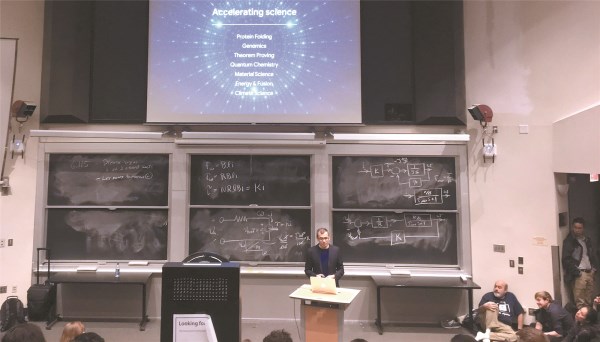Zheng Zhenqing a and Wu Yongping b
a and b School of Public Policy & Management, Tsinghua University
Abstract:The economic recession caused by the global financial crisis of 2008 affected political change across the world in different ways. Economic and social problems turned into political crises in North Africa. In Europe and America, dissatisfaction over such problems caused social unrest but did not imperil the political order. In East Asia, where competitive party politics have just emerged, the financial crisis sparked a correlative political and economic reaction model involving economic recession—growing wealth gap—public policy transition in electoral politics. Major electoral campaigns over the past five years in China’s Taiwan, the Republic of Korea and other economies in East Asia indicate that prioritizing economic growth and equitable distribution are emerging to be common core issues in different parties’ electoral competition despite remnant historical questions and highly politicized issues. The new electoral politics based on public policy competition has gained greater space for development against the background of an economic recession and a growing wealth gap, and is exerting a profound influence on the political and economic development process in East Asia.
Keywords: wealth gap, public policy, electoral politics, East Asia



